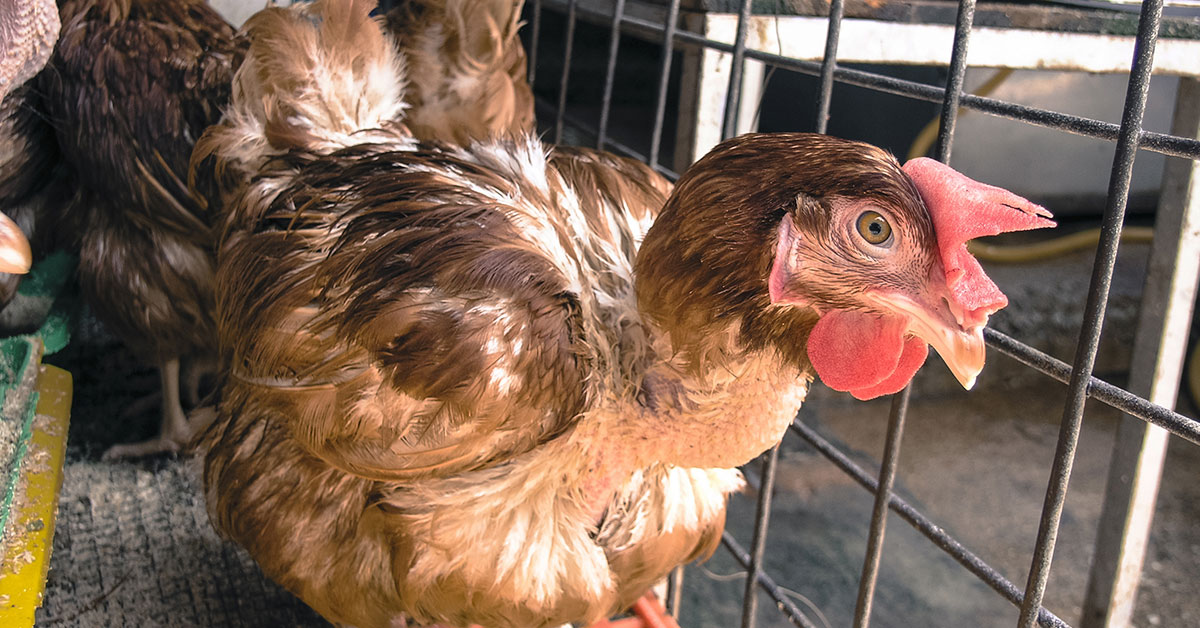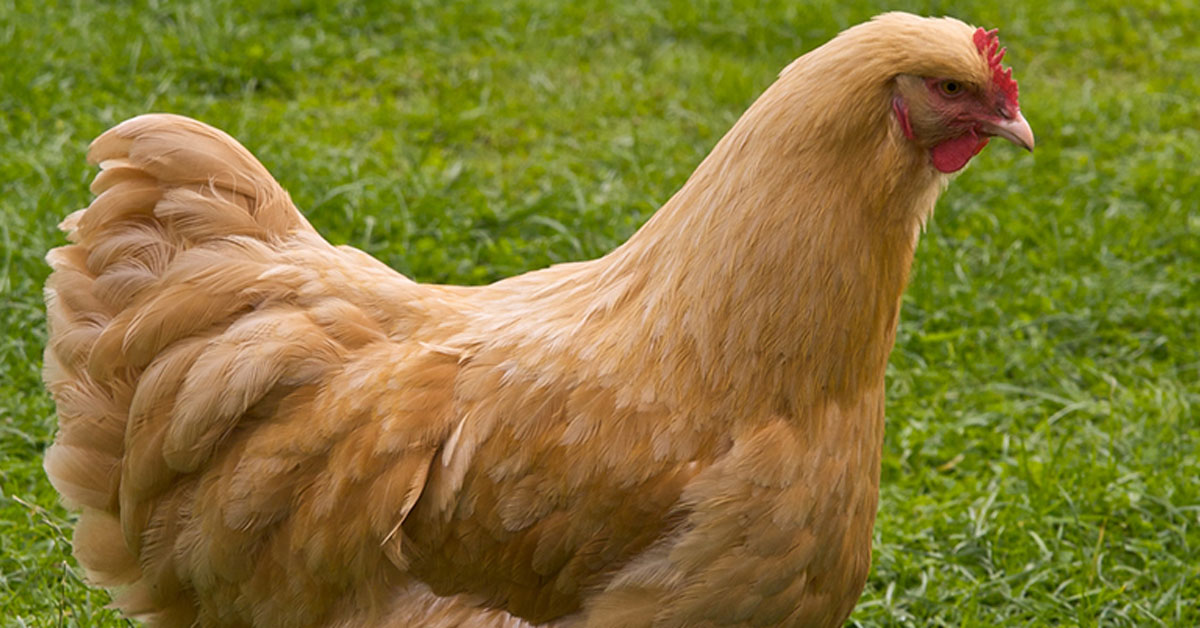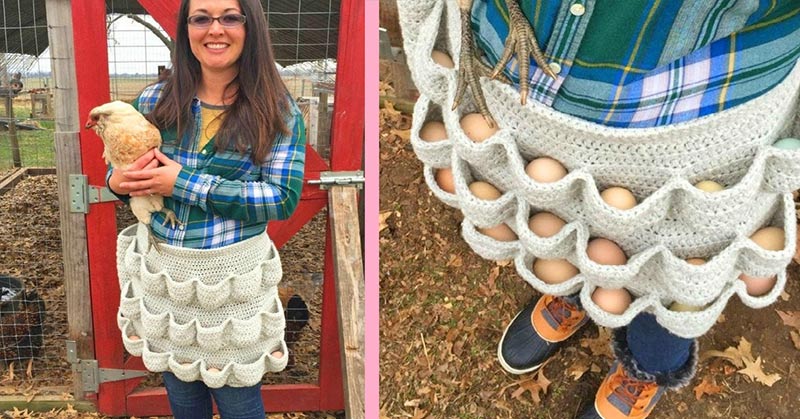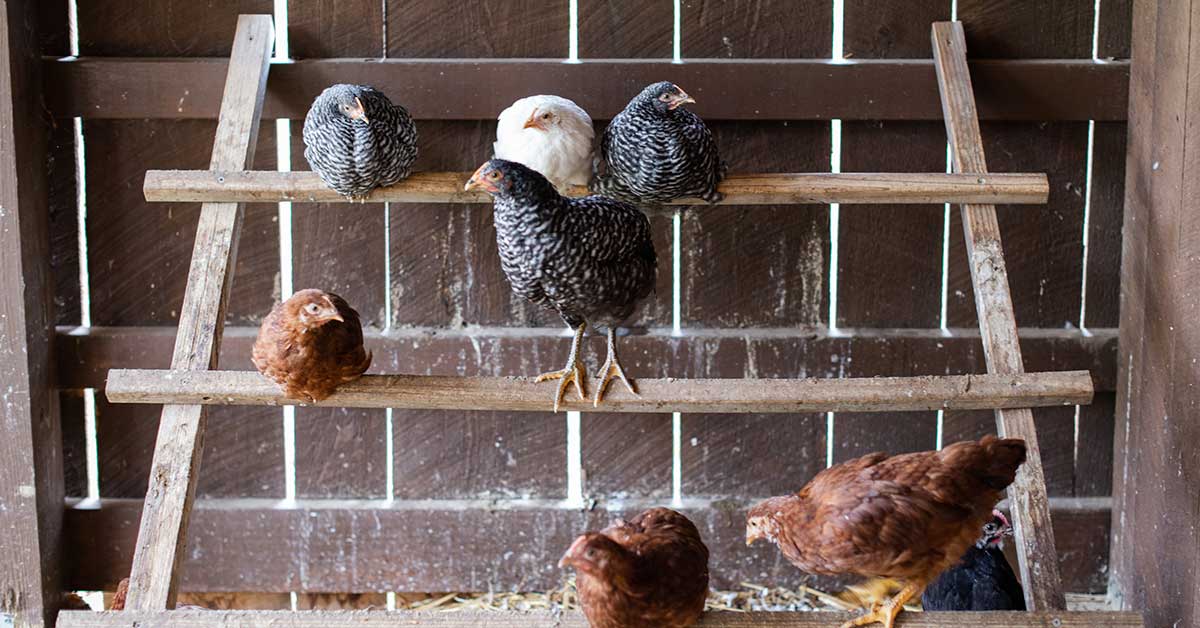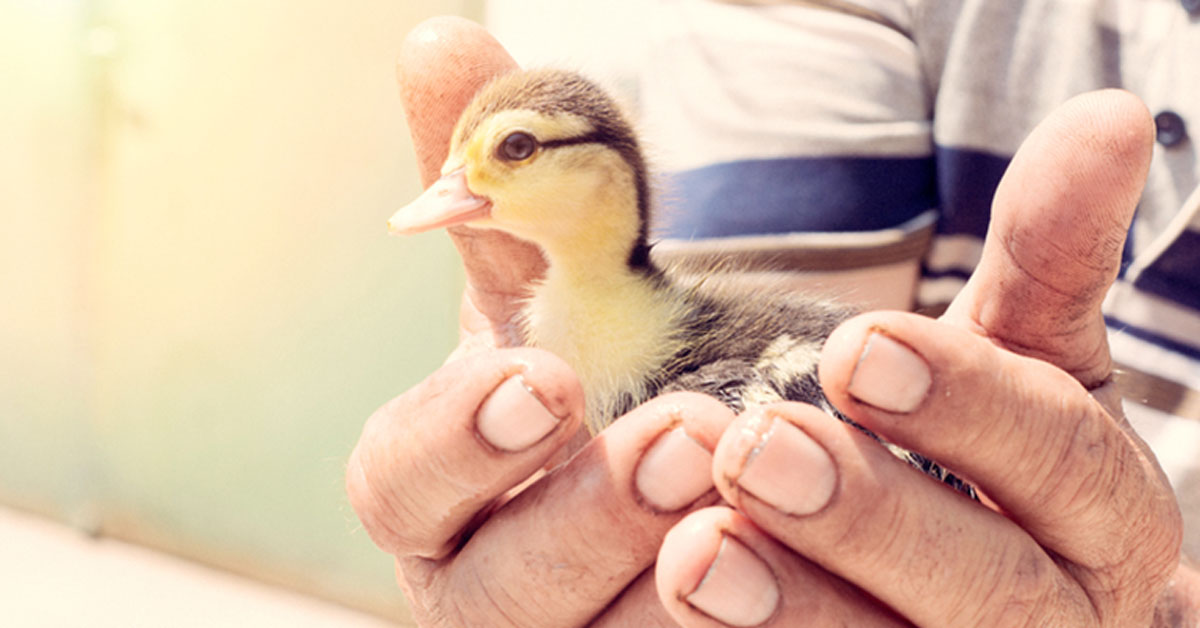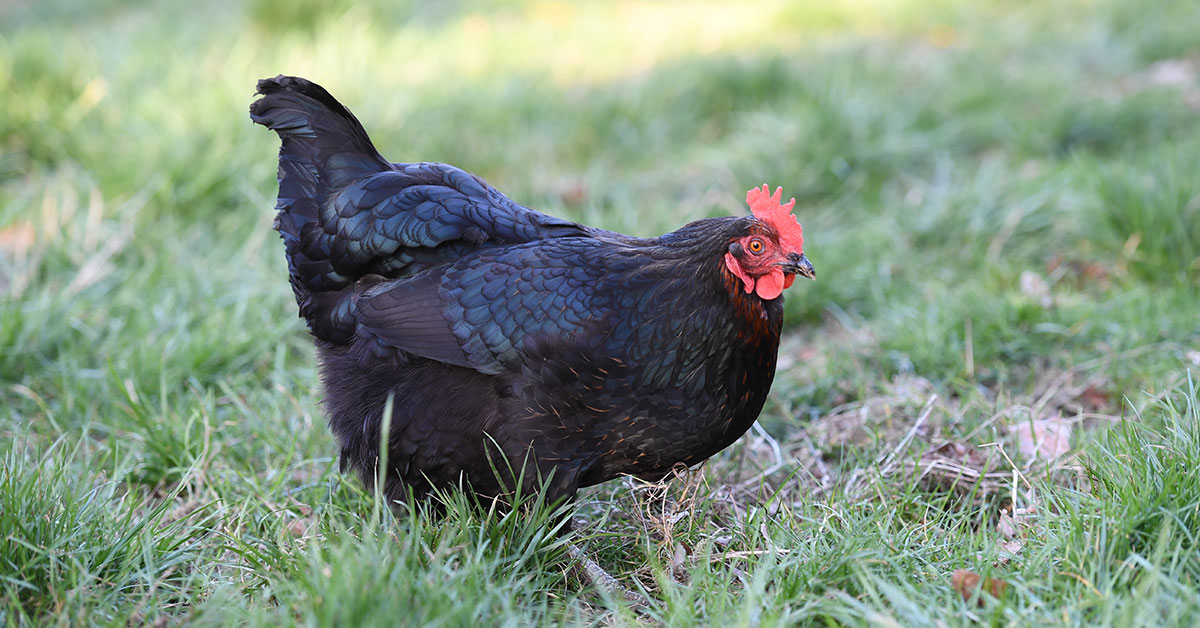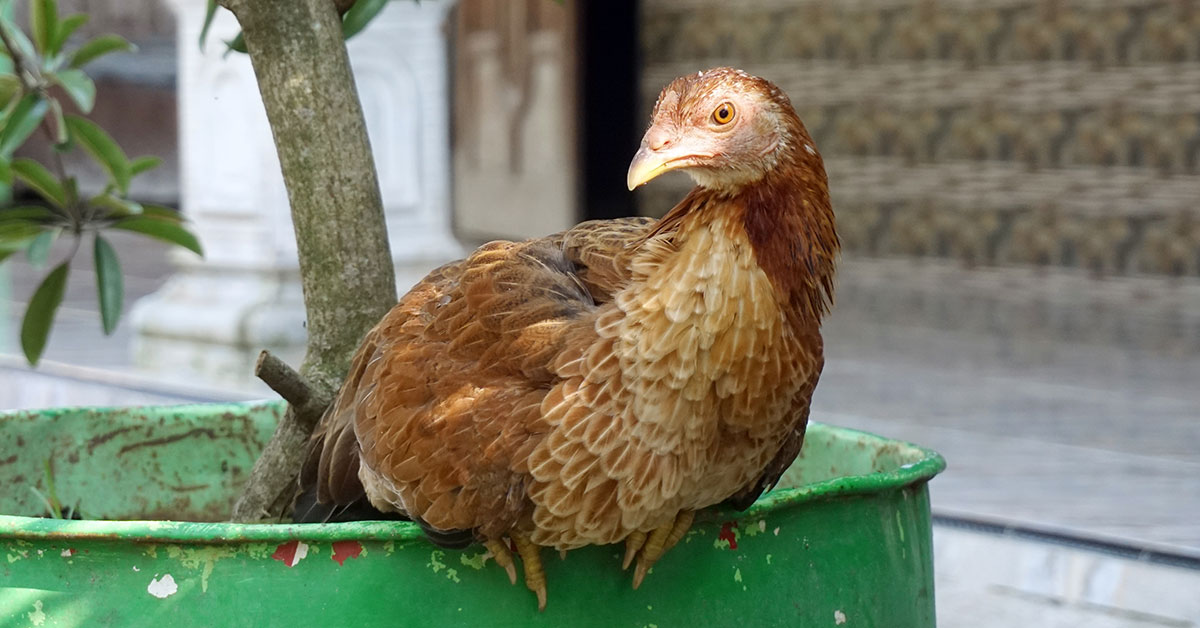Contrary to popular belief, chickens are actually surprisingly common in animal shelters and rescues. While they may not be as traditional of a pet as cats or dogs, many people keep chickens as backyard pets or for egg production. Unfortunately, not all chicken owners are equipped to handle the responsibilities that come with raising chickens, and as a result, many hens wind up as rescue chickens.
Some of the most common reasons for surrender include the inability to provide adequate care, noise complaints from neighbors, and local laws prohibiting backyard chickens. Additionally, many animal shelters and rescues have programs specifically designed to help rescue and rehome chickens that have been seized from neglectful or abusive situations.
It’s difficult to pin down an exact number, but many shelters around the world report receiving hundreds of chickens every year that need loving homes. You can help! Here’s how.
How to adopt rescue chickens
If you want to rescue chickens, there are several steps you can take to get started:
Research local laws and regulations:
Check your local laws and regulations regarding backyard chickens, as well as any zoning or permit requirements. The last thing you want to have happen is needing to take the chickens back to the rescue because your city or town doesn’t allow them. Always be sure to research local laws and ordinances about chickens before adopting!
Find a reputable rescue organization
Look for a reputable chicken rescue organization in your area, and reach out to them to learn about their adoption process, requirements, and available birds. Some organizations may have specific requirements or restrictions, such as a limit on the number of birds you can adopt or a requirement for a secure and appropriate chicken coop.
Adopting chickens from an animal shelter can be a rewarding experience for both you and the birds. Many animal shelters receive chickens that have been surrendered or confiscated due to neglect or abandonment, and these birds are often in need of loving homes.
Adopting chickens from a battery chicken rescue can be a wonderful way to give these birds a second chance at life. Battery chickens are typically raised in cramped, stressful conditions and used for egg production until they are no longer profitable, after which they are often slaughtered. Battery chicken rescues work to rescue these birds and give them a chance to live out their lives in a safe and happy environment.
Prepare your space
Make sure you have a suitable space for the chickens, including a safe and secure chicken coop, food and water supplies, and adequate space for exercise and socialization.
The amount of space that chickens need depends on a variety of factors. As a general rule of thumb, chickens need at least 3 to 4 square feet of indoor space per bird and at least 8 to 10 square feet of outdoor space per bird.
However, it’s important to note that providing more space for chickens is always better for their health and well-being. Giving them enough space to move around freely, exercise, and engage in natural behaviors like dust-bathing and foraging can help prevent boredom and reduce stress. Additionally, overcrowding can lead to health problems and an increased risk of disease.
When determining the amount of space your chickens need, it’s also important to consider the size of your chicken coop or outdoor enclosure, as well as the number of birds you plan to keep. Be sure to provide plenty of ventilation, natural light, and nesting boxes for the chickens to lay their eggs. Keep in mind that chickens that are allowed to free-range will need less indoor space, but will require a larger outdoor space to roam and forage.
Consider the financial responsibility
The cost of raising chickens can vary depending on several factors, including the size of your flock, the type of feed you use, the cost of housing and equipment, and any veterinary expenses. However, here are some estimated costs to consider:
- Chickens: Depending on the breed and age of the birds, chicks can cost anywhere from a few dollars to $20 or more per bird. Adult birds are typically more expensive.
- Chicken feed: The cost of chicken feed varies depending on the brand, type, and quality. A 50-pound bag of standard chicken feed typically costs around $15 to $20 and can last a small flock of chickens for several weeks.
- Housing and equipment: The cost of a chicken coop and other equipment, such as feeders and waterers, can vary widely depending on the size and quality of the items. A small, basic coop can cost a few hundred dollars, while larger and more elaborate coops can cost several thousand dollars.
- Bedding and nesting boxes: The cost of bedding materials, such as straw or shavings, and nesting boxes can also vary depending on the size of your flock and the quality of the materials.
- Veterinary expenses: While chickens are generally healthy animals, they may occasionally require veterinary care. The cost of veterinary care for chickens can vary widely depending on the type of treatment required.
Overall, the cost of raising chickens can range from a few hundred dollars to several thousand dollars per year depending on the size of your flock and the level of care you provide. However, many people find that raising chickens can be a cost-effective way to produce fresh eggs and enjoy the many benefits of keeping backyard chickens.
Learn about chicken care
It is essential to learn about chicken care before getting chickens because these birds require specific care and attention to maintain their health and well-being. Without proper care, chickens can develop health problems and become stressed, which can lead to lower egg production and a shorter lifespan.
To care for chickens properly, it is important to provide them with:
- A suitable living space: Chickens need a secure, comfortable, and dry living space that provides shelter from the elements, protection from predators, and adequate ventilation.
- A nutritious diet: A balanced diet is essential for the health of your chickens, including a mix of grains, protein, vitamins, and minerals. You can buy pre-made chicken feed or mix your own, but be sure to provide plenty of fresh water and clean feeders.
- Cleanliness: Chickens need a clean living environment to prevent the spread of disease and parasites. You should clean their living space regularly, including their coop, nesting boxes, and feeders.
- Exercise and socialization: Chickens need space to move around and exercise. They also thrive on socialization with other chickens and human interaction.
- Health monitoring: Chickens can be prone to certain health issues, such as mites, lice, and respiratory infections. You should monitor your chickens’ health regularly, including their weight, behavior, and overall appearance, and seek veterinary care if necessary.
Learning about chicken care before getting chickens is important to ensure that you can provide them with a safe and healthy living environment. It is essential to do your research, including reading books, watching videos, and consulting with experienced chicken keepers or veterinarians. By providing your chickens with proper care and attention, you can enjoy the many benefits of raising these fascinating and rewarding birds.
Rescuing chickens can be a rewarding experience, but it is important to approach it with care and responsibility. By following these steps and seeking out reputable rescue organizations, you can provide a safe and loving home for rescued chickens.
How to save a malnourished rescue chicken
Rescuing an underweight and unhealthy chicken involves several steps to ensure the bird’s health and well-being. Here are some steps you can take to help a malnourished chicken:
- Quarantine the chicken: If you have other birds, it’s important to quarantine the underweight chicken for at least two weeks to prevent the spread of any potential illnesses.
- Provide a balanced diet: The chicken will need a balanced diet that includes protein, vitamins, and minerals. You can offer commercial chicken feed or create a homemade mix of grains and supplements to meet the bird’s dietary needs.
- Offer clean water: Provide clean water at all times and make sure the chicken knows how to drink from the waterer. In some cases, chickens may not be familiar with this type of watering system, so it may be necessary to demonstrate how to drink from it.
- Provide a clean and warm living space: Make sure the chicken has a clean and warm living space with appropriate bedding, nesting boxes, and perches.
- Monitor the chicken’s health: Keep a close eye on the chicken’s health, including its weight, behavior, and physical condition. If there are any signs of illness, consult with a veterinarian or a local chicken rescue organization.
- Gradually increase exercise: Once the chicken is healthy enough, gradually increase the amount of exercise it receives. This will help build up its strength and improve its overall health.
Overall, rescuing an underweight and unhealthy chicken requires patience, dedication, and a willingness to provide proper care. With proper nutrition, clean living conditions, and monitoring, you can help the chicken recover and thrive.
